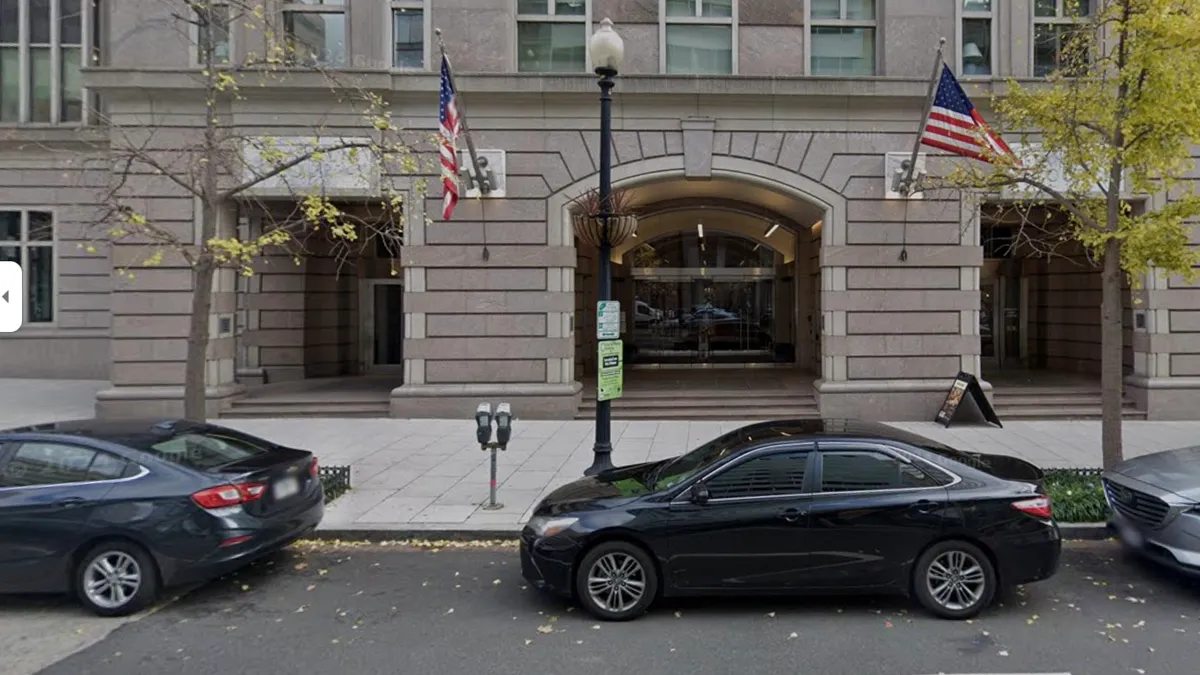Dive Brief:
- The U.S. Court of Appeals for the D.C. Circuit on Feb. 27 denied a Puerto Rico hospital’s challenge of the National Labor Relations Board’s “successor bar” rule, which requires employers that acquire companies with organized workers to bargain with the union for a period of time following acquisition.
- The NLRB previously ruled that Hospital Menonita de Guayama violated the National Labor Relations Act by failing to recognize and bargain with the union of a hospital it acquired in 2017.
- The hospital challenged the ruling, claiming the union had lost majority status and that NLRB had vacillated in its stance on the successor bar rule over the years. The NLRB and the hospital’s lawyer did not immediately respond to a request for comment.
Dive Insight:
NLRB first decided against a successor bar in 1975, then put one in place in 1981. The board has since abandoned it and readopted it twice, Circuit Judge Gregory Katsas said in a concurring opinion on the case. NLRB last reaffirmed the successor bar rule in 2011, and the 1st Circuit upheld it in a 2017 case, according to court documents.
“Over the years, the NLRB has sometimes overruled precedent and established a new rule after reweighing competing policy considerations,” Senior Circuit Judge Harry Edwards wrote in the opinion for the case. “An agency is permitted to change its policies so long as it provides a reasoned explanation for doing so,” he said further on in the opinion.
In the concurring opinion, Katsas said the successor bar could be at risk if the U.S. Supreme Court strikes down the Chevron doctrine, which requires federal courts to give deference to agencies’ reasonable interpretation of ambiguous statutes. Two combined cases are being argued at the high court that challenge the 40-year-old doctrine.
“But until that Court instructs otherwise, we remain bound to apply Chevron,” Katsas said.












